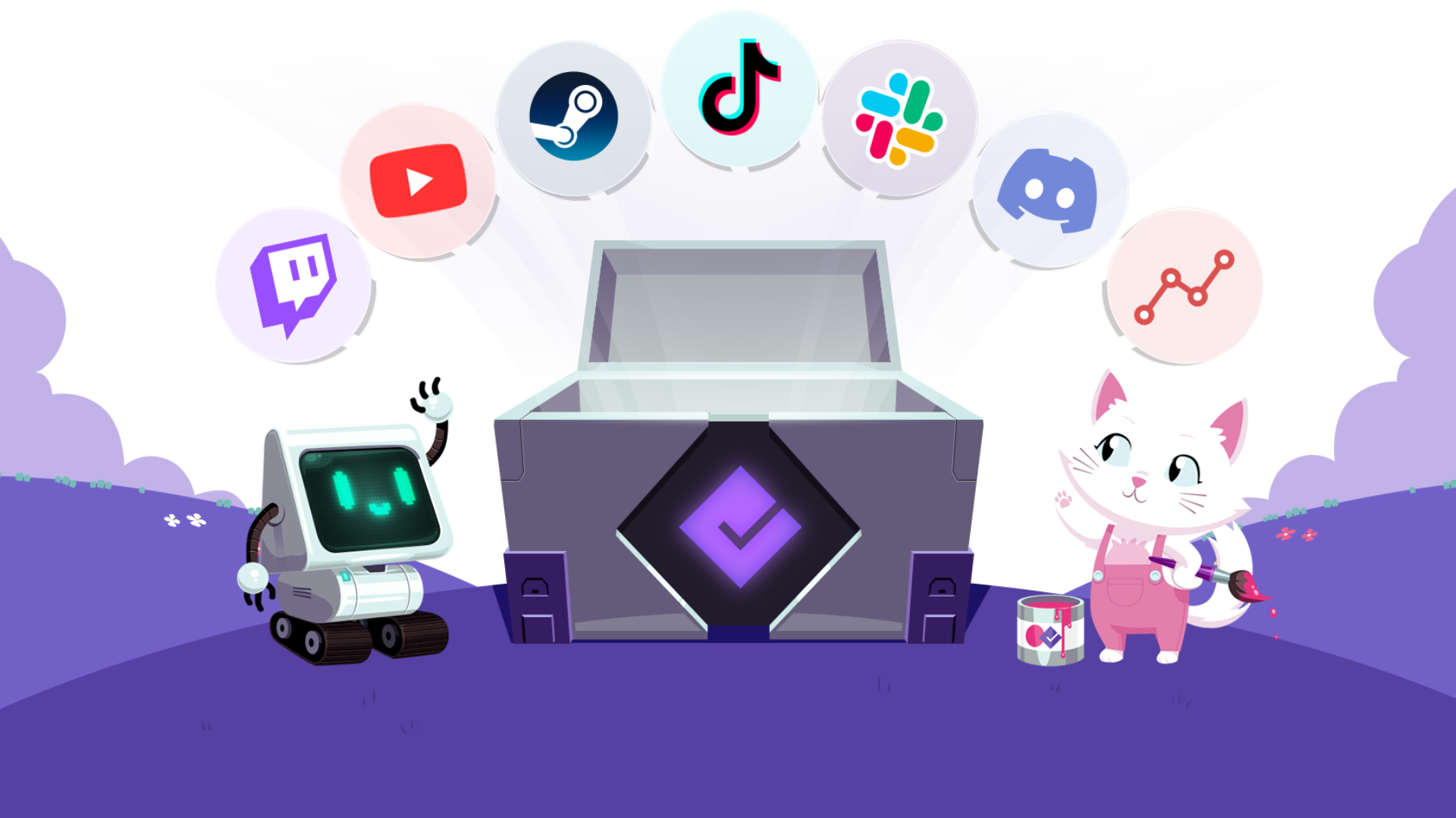In the competitive world of gaming, standing out requires more than just a great game; it necessitates effective marketing strategies that drive visibility and engagement. One of the most powerful tools available to game developers and marketers is Pay-Per-Click (PPC) advertising. This method allows companies to promote their games directly to potential players while only paying for actual clicks on their ads. However, to maximize Return on Investment (ROI) with PPC advertising, it’s crucial to understand the ins and outs of the strategy. This article will delve into the best practices for leveraging PPC advertising to boost your game’s visibility and profitability.
Understanding Pay-Per-Click Advertising
PPC advertising is a model where advertisers pay a fee each time one of their ads is clicked. Instead of earning visits organically, you essentially buy visits to your site. For game developers, this can be an effective way to promote new titles, in-game content, or upcoming events. Major platforms for PPC advertising include Google Ads, Facebook Ads, and various gaming networks. Read about modded Minecraft server hosting on Reddit.
The fundamental goal of PPC is to drive relevant traffic to your game’s website or landing page, which can then be converted into installs, purchases, or active players. However, achieving a high ROI with PPC requires a strategic approach.
1. Setting Clear Objectives
Before launching a PPC campaign, it’s crucial to define clear objectives. What do you want to achieve? Common goals include:
- Increasing Game Downloads: If you’re launching a mobile game, you may want to focus on driving app installs.
- Boosting In-Game Purchases: For existing games, driving traffic to purchase in-game items or expansions can be a priority.
- Building Brand Awareness: If you’re an indie developer or launching a new IP, building brand recognition is key.
Setting specific, measurable goals will help you tailor your PPC strategy effectively.
2. Targeting the Right Audience
The success of a PPC campaign hinges on reaching the right audience. Identifying your target demographic is essential. Consider factors such as:
- Game Genre: Different genres attract different player bases. For example, casual games may appeal to a broader audience, while complex RPGs might attract a niche crowd.
- Age and Gender: Tailor your ads based on the demographic that most resonates with your game.
- Location: Geographical targeting can significantly improve your ROI. Certain games may perform better in specific regions due to cultural preferences.
Platforms like Google Ads and Facebook provide robust targeting options, allowing you to create highly focused campaigns that reach the players most likely to engage with your game.
3. Crafting Compelling Ad Copy and Creative

Your ad copy and creative assets are the first things potential players will see, so it’s vital to make a strong impression. Here are some tips:
- Highlight Unique Selling Points: What sets your game apart from the competition? Whether it’s stunning graphics, unique gameplay mechanics, or a compelling story, make sure to emphasize these aspects in your ads.
- Use Strong Calls to Action (CTAs): Encourage users to take action with clear CTAs such as “Download Now,” “Play for Free,” or “Join the Adventure.”
- Test Different Ad Formats: Experiment with various ad formats, including text ads, video ads, and carousel ads, to see what resonates best with your audience.
Visual elements are particularly important in the gaming industry. Ensure that your images or videos reflect the quality and style of your game.
4. Optimizing Landing Pages
Once users click on your ad, they should land on a page that continues to engage and convert them. A well-optimized landing page can significantly improve your ROI. Consider the following:
- Keep It Relevant: Ensure that the landing page matches the promise made in the ad. If your ad highlights a specific feature or promotion, the landing page should reflect that.
- Simplify Navigation: Make it easy for users to find what they need, whether it’s downloading the game, watching a trailer, or signing up for newsletters.
- Include Social Proof: Testimonials, reviews, or player statistics can build trust and encourage new players to give your game a try. How to use Apex Legends season passes in marketing strategies, more details here.
5. Monitoring and Adjusting Campaigns
One of the greatest advantages of PPC advertising is the ability to track performance in real-time. Monitoring your campaigns is crucial for maximizing ROI. Utilize the following strategies:
- Use Analytics Tools: Platforms like Google Analytics and Facebook Insights provide valuable data on how your ads are performing. Monitor key metrics such as click-through rates (CTR), conversion rates, and cost per acquisition (CPA).
- A/B Testing: Regularly test different versions of your ads and landing pages. This could involve changing the ad copy, visuals, or targeting parameters to see what performs best.
- Adjust Budgets and Bids: Based on performance data, adjust your budgets and bids to focus on the most effective ads. Increasing investment in high-performing ads can lead to better overall results.
6. Utilizing Retargeting Strategies

Retargeting is a powerful PPC strategy that allows you to reach users who have previously interacted with your game but did not convert. For example, if someone visited your game’s landing page but did not download it, a retargeting ad can remind them of the game’s appeal. Consider the following tactics:
- Segment Your Audience: Create custom audience segments based on user behavior. For instance, target users who visited your page but did not complete the download.
- Incentivize Return Visits: Offer special promotions or discounts in retargeting ads to entice users to return and complete the desired action.
7. Budgeting Wisely
Effective budgeting is essential for maximizing ROI in PPC advertising. Allocate your budget strategically:
- Start Small and Scale: Begin with a modest budget to test your campaigns. Once you identify effective strategies, gradually increase your spending.
- Focus on High-Performing Channels: Analyze which platforms and ad formats yield the best results and allocate more of your budget to those channels.
Maximizing ROI with Pay-Per-Click advertising for games involves a multifaceted approach that includes setting clear objectives, targeting the right audience, crafting compelling ad copy, optimizing landing pages, monitoring campaigns, utilizing retargeting strategies, and budgeting wisely. By applying these best practices, game developers can create effective PPC campaigns that not only drive traffic but also convert potential players into loyal fans.
For more information on PPC advertising and its applications in the gaming industry, you can visit the Wikipedia page on Pay-Per-Click advertising.

